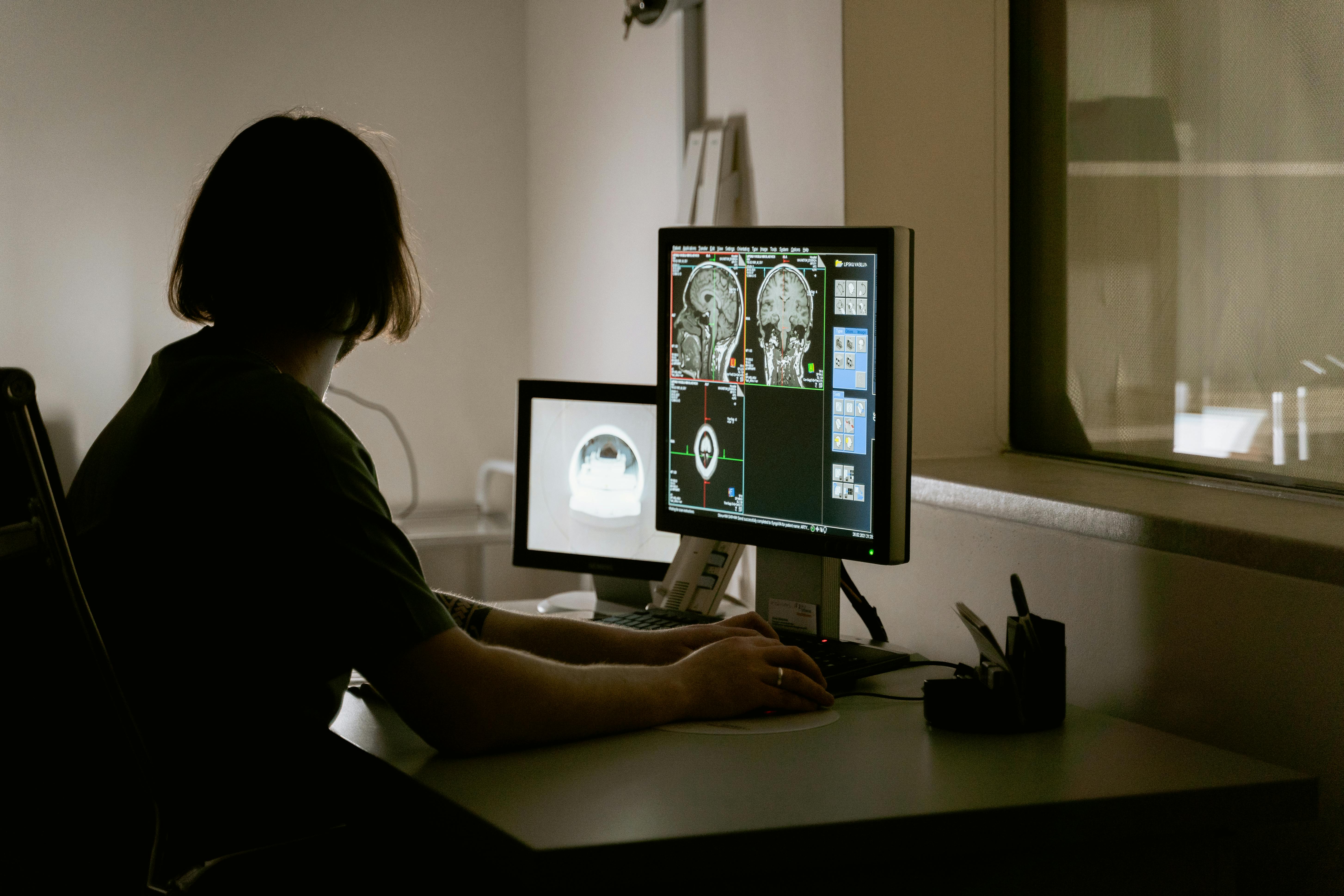Long-term effects of bulimia nervosa
Bulimia affects different organs. And the longer you have bulimia, the more organs will be affected and damaged.
The organs that suffer the most are: heart, kidney, brain, digestive system, bones, skin and endocrine glands.
The heart is damaged by constant electrolyte imbalances caused by continual purging and becomes weaker the longer bulimia continues. Some people may even die from this complication when a weak heart goes into “heart block.” This is when the heart suddenly stops beating due to extremely low potassium or other mineral deficiency induced by vomiting and laxative abuse.
Kidney damage is very common among long-term bulimics. The kidneys are organs that normally correct mineral abnormalities in the body. But when a person’s mineral balance is constantly upset, as in the case of bulimia, the kidneys are under enormous pressure to correct it and eventually become damaged.
The brain also suffers from the moment bulimia begins. People have distorted thought patterns like depression and anxiety. The longer the bulimia lasts, the stronger the addiction to binge eating and purging becomes. Long-term effects of brain damage from bulimia include: suicidal thoughts, self-harm, and other symptoms of self-harm. Impulsive behavior may occur and people may become less responsible for their actions.
The digestive system is also severely affected. The stomach experiences delays in emptying its food content and people suffer from pain in the abdominal area, bloating, acid reflux, stomach ulcers, and esophageal problems.
In cases of long-term bulimia, patients lose the feeling of hunger or satiety. Sometimes their taste becomes distorted, causing them to eat strange combinations of foods or experience cravings (for example, cravings for things that are very salty or acidic).
The bones become weak due to the development of low bone density after many years of bulimia. People can and do complain about their bone pain, plus they are in a lot of pain and the bones can break even with the slightest strain or pressure.
The skin loses its youthful appearance even at a relatively young age. Dry skin, skin inflammation, abnormal irritation, and continual pimples are common problems for bulimics.
Hair loss due to mineral and protein depletion is inevitable in long-term bulimia.
The endocrine glands eventually stop working properly and produce fewer hormones than the body needs: this causes a person to age rapidly and lose muscle tone.
Menstruation becomes irregular or stops and because of this a woman cannot conceive and have a baby.
In short, the long-term effects of bulimia nervosa can be extremely dangerous. And treatment for this disorder becomes more complicated the longer it goes on.
The best way to prevent these dangerous effects from occurring is to treat the disease as soon as possible.
It is best to start educating yourself and your family about what to do and what to change at home to help the victim. Home and family support has been shown to be the best way to treat this condition. But it has to be the right help and the right support.
